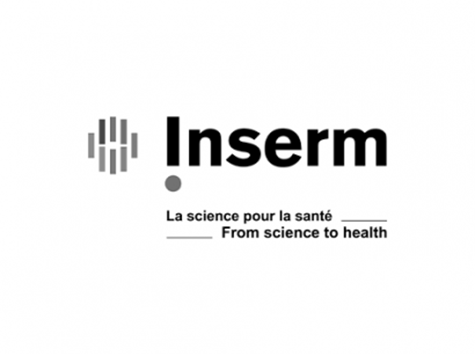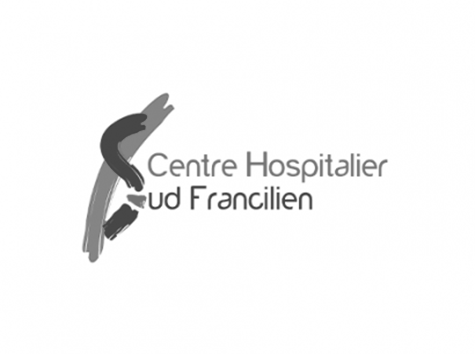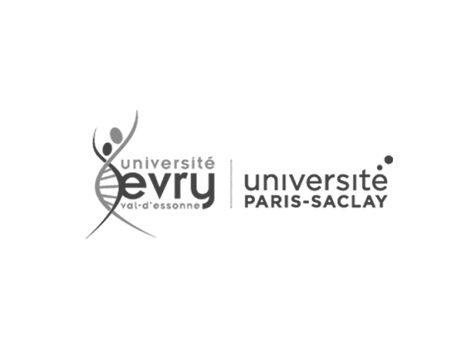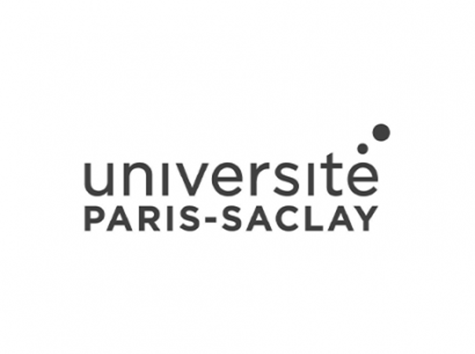With research chair funding from Genopole and MSD France, Mario Amendola was able to launch his innovative research on targeted genome interventions to correct the mutations responsible for a range of currently untreatable genetic blood disorders, including sickle-cell anemia, hemophilia, and beta thalassemia among others.
He created and directs today the Genome Editing research group within Integrare.
His work resulted in an ex vivo blood stem cell modification strategy involving Crispr-Cas9, the “genetic scissors” technology recognized by the 2020 Nobel Prize in Chemistry.
Mario Amendola’s strategy is aimed at harnessing hematopoietic stem cells for the production and blood-borne delivery of therapeutic proteins able to correct diseased cells.
 “With the Action Initiative Grants, I was able to create my own research team. My objective is to develop innovative approaches for targeted genome modifications—insertions, deletions, DNA repair—with the goal of definitively curing certain blood diseases (sickle-cell anemia, beta thalassemia, etc.) that currently have few therapeutic options. Thanks to this financing, our research on these promising tools is underway.” Mario Amendola
“With the Action Initiative Grants, I was able to create my own research team. My objective is to develop innovative approaches for targeted genome modifications—insertions, deletions, DNA repair—with the goal of definitively curing certain blood diseases (sickle-cell anemia, beta thalassemia, etc.) that currently have few therapeutic options. Thanks to this financing, our research on these promising tools is underway.” Mario Amendola














